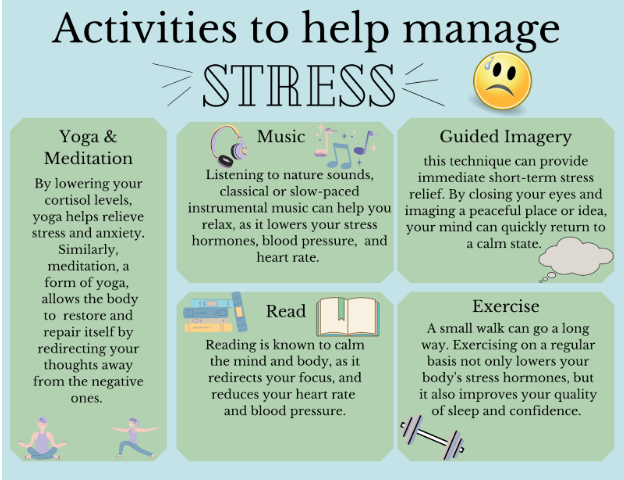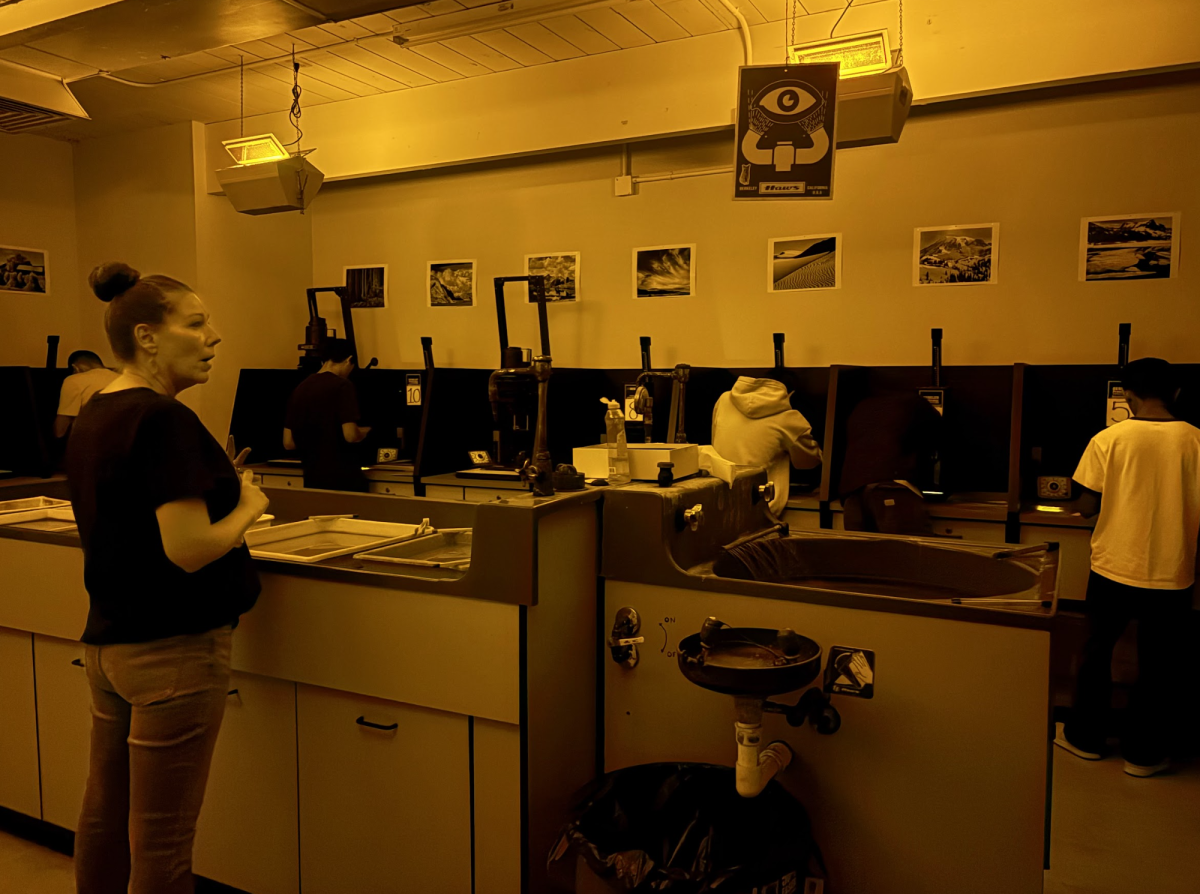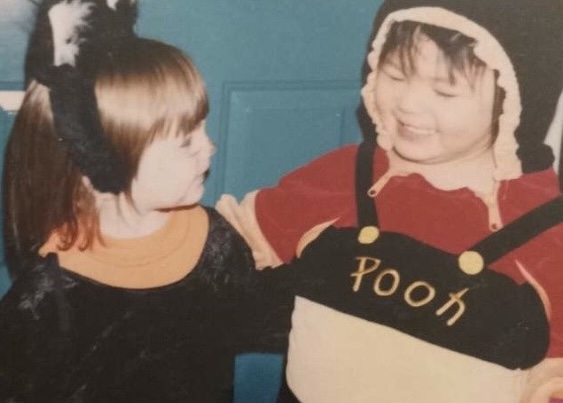How counselors aided students amidst political chaos
Engaging in relaxing activities can help students work through emotions of confusion and unease.
January 28, 2021
On January 6th, thousands of Trump supporters stormed the US capitol, acting as a culmination to months on end of stressful political news. In order to help students cope with this event, counselors have offered their support.
“I think for some students the tense political atmosphere, in general, has been difficult to navigate, particularly in 2020, leading up to the presidential election. What happened on January 6th was shocking, and definitely added to the stress and concern for many young people,” said Monica Wharton, PUSD Student Assistance Program Specialist.
Many young people have had a hard time coming to terms with what happened that day. Amongst them is Angelina Ma, a junior at Amador Valley.
“I actually took the news pretty hard since I’m very into speaking out on certain political issues,” said Ma (’22).
Counselors have provided various resources to aid students through this difficult situation.
“Ms. Zarrinkhat sent out an email to all students on behalf of the counseling team to students letting them know we’re thinking of them and that we are here if they want to talk or need help processing the weight of what happened. It can help to talk about what’s going on and just being able to express our thoughts and feelings in a safe container,” said Jennifer Yu, AVHS Support Counselor.
According to Ms. Yu, taking part in different activities can help students move forward from this shocking occurrence.
“I think activities like yoga and meditation can help us relax and fully bring our attention to the activity rather than thinking about all the other things that may be going on. It doesn’t have to be yoga or meditation specifically, but any activity that helps you feel like you’re taking a break. Watch a funny movie or spend some time with your family. I think self-reflective activities where you can discuss or journal the meaning of the situation and what you’ve learned can help you process the pain or distress you’re feeling. It has also been helpful for some students to think of actions they can take. The closer that our everyday actions are to our values, the more fulfilled we will be. How can we channel this stress response into action? I’ve had students engaging in advocacy or being a helper to the community,” said Ms. Yu.
While many weeks have passed, students are encouraged to seek help if needed.
“My greatest advice would be to talk about it–find a trusted adult with whom you can have a conversation. This could be a parent, a teacher, a family member, a counselor. Asking questions and seeking support is an important part of self-care, and even though we may all be processing through the challenges of what happened, talking about it is a good way to address some of that stress,” said Ms. Wharton.





